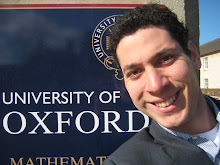

Professor Ronald Dworkin - Photo Brett Mickelson
Ronald Dworkin on Law As Integrity Rights as Principles of Adjudication
Gaffney, Paul
"This study provides a comprehensive examination of the legal theory of Ronald Dworkin, arguably the most original and provocative philosopher of law that America has produced this century. Dworkin's work represents an effort to synthesize the moral commitments of the natural law tradition with the hermeneutical character of post-modern philosophy. The result is an interpretive theory of law, focused on the essentially moral character of hard case adjudication. Judges strive to be principled and consistent in their resolution of legal disputes, thus manifesting an implicit commitment to the ideal of Integrity. This book clarifies and probes the moral, epistemological, and metaphysical commitments of Law as Integrity. A full discussion is presented on the pillars of Dworkin's program: his understanding of rights as "trump cards" which privilege the individual claim over the group policy; the critique of legal positivism; the history of a legal institution according to the analogy of a chain novel; and the insistence upon a theory of adjudication that is both constructive and yet faithful to the deepest intentions of legal documents. Most importantly, this volume indicates which of these claims are most fundamental in Dworkin's system, what tensions exist among the claims, and how the project of Integrity can be furthered."(Retrieved May 5th 2009 from http://www.mellenpress.com/mellenpress.cfm?bookid=834&pc=9) Pages: 232 Year: 1996






